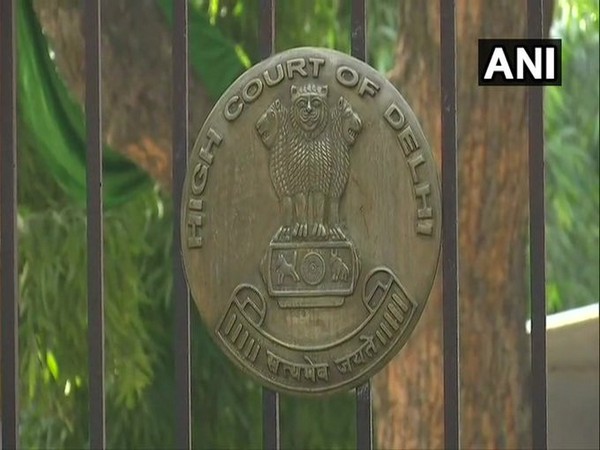BJP MLA Accuses Delhi Government of Bias in CCTV Installation
BJP MLA Abhay Verma has filed a plea with the Delhi High Court, claiming the AAP-led government is selectively installing CCTV cameras in areas represented by its own MLAs and councillors, neglecting BJP-represented regions. Verma seeks equitable distribution to enhance safety in all wards.

- Country:
- India
BJP MLA Abhay Verma has approached the Delhi High Court, alleging the Aam Aadmi Party (AAP)-led government of discrimination in the installation of CCTV cameras across the city. Verma contends that while the government announced a blanket installation of cameras, it favors areas represented by AAP members, sidelining those under BJP representatives. The matter is set for a hearing before the Acting Chief Justice on August 27.
According to Verma's plea, despite Deputy Chief Minister Manish Sisodia's announcement of installing 1,40,000 CCTV cameras throughout the city, Laxmi Nagar constituency, which Verma represents, was unjustly excluded. A survey by Bharat Electronics Limited (BEL) identified the need for 2,066 cameras in Laxmi Nagar. However, the installation has been selectively executed in favor of AAP-represented areas. Verma's lawyer, Advocate Satya Ranjan Swain, argues that repeated requests to the Chief Secretary, GNCTD, have gone unanswered.
The petition points out a discrepancy where an AAP councillor's request for 1,000 cameras was swiftly approved, while Verma's similar requests were ignored. This selective installation, the petitioner argues, jeopardizes the law-and-order situation in the neglected wards. Verma seeks a court directive to ensure equitable distribution of CCTV cameras to enhance security. Advocate Swain further criticizes the approval process requiring ministerial consent, which he claims, undermines legislative authority and enables biased implementation, ultimately compromising the development of opposition-represented constituencies.
(With inputs from agencies.)










